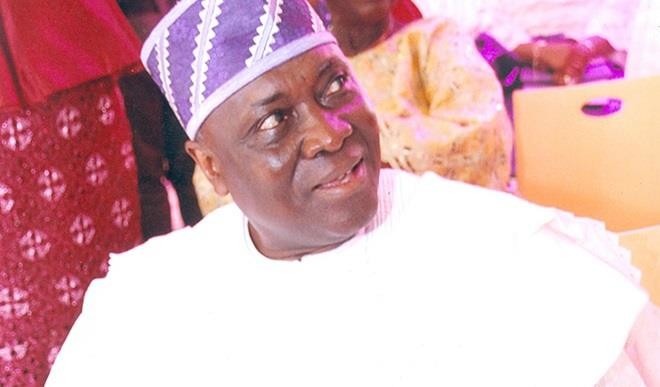How the ex-Inspector General of Police was forced out of the Police Service Commission

REVISIT: Following the unexpected resignation of Musiliu Smith as the chairman of the Police Service Commission (PSC), a review of the circumstances surrounding his departure uncovers a tangled mix of controversies, power conflicts, and internal issues that ultimately led to his removal from the position.
The situation unfolded on July 25, 2018, when Smith was sworn in as the PSC chairman, alongside other commissioners. His appointment was widely regarded as a critical step in reforming the Nigerian Police Force, as Smith brought with him insights from his previous role as Inspector-General of Police.
However, the first major controversy arose swiftly. In 2018, under the guidance of former Inspector-General of Police Mohammed Adamu, the police force pushed to assume control over the recruitment of police constables, even though the PSC was constitutionally mandated to oversee this process. This action ignited a fierce dispute, with the PSC contending that the police was overstepping its authority.
The recruitment dispute ultimately escalated to the courts, leading to a lengthy legal confrontation between the PSC and the police force. In 2019, a Federal High Court in Abuja ruled in favor of the police, inciting fury among PSC members and their allies. Nonetheless, the Court of Appeal later reversed this ruling, affirming the PSC’s constitutional right to manage recruitment processes.
As the recruitment issues subsided, a fresh problem surfaced. In 2020, allegations surfaced against the PSC regarding its failure to fulfill its duties concerning police officer promotions. The commission faced criticism for not ensuring that promotions were merit-based, leading to accusations of unethical practices and unequal opportunities within the police ranks.
The promotion debacle culminated in June 2022 when it was disclosed that two aides-de-camp to prominent officials, such as Vice President Yemi Osinbajo and First Lady Aisha Buhari, were promoted to Assistant Commissioner of Police (ACP) without following due procedures. This revelation incited widespread uproar, with critics claiming that these promotions were unwarranted and compromised the credibility of the police force.
In July 2022, Inspector-General of Police Usman Alkali Baba terminated the employment of several police officers for misconduct, including one who had been caught on video endorsing extortion. Nevertheless, the PSC faced accusations of failing in its constitutional duty to discipline errant officers, stirring further discontent regarding the commission’s effectiveness in holding police accountable.
As these controversies escalated, internal strife within the PSC became apparent. Commissioners and staff raised concerns about neglect and poor work conditions, culminating in a vote of no confidence regarding Smith’s leadership. Adoyi Adoyi, chairman of the Joint Union Congress for the PSC, claimed financial mismanagement of funds intended for the commission’s office complex, further damaging trust in Smith’s administration.
On August 29, 2022, under mounting pressure, Smith resigned from his position as chairman of the PSC. His departure was perceived as a considerable triumph for reform advocates within the commission. Since then, Justice Clara Ogunbiyi, a retired Supreme Court judge, has stepped in as acting chairman, vowing to introduce a new perspective to the commission.








